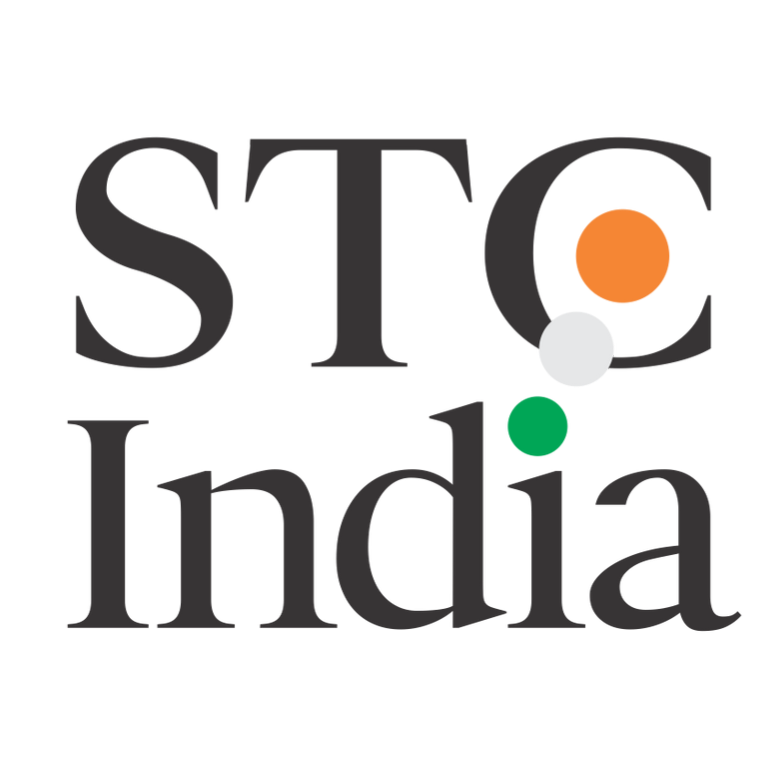Writing opens a world of dualities. You get as much confusion as you get the clarity. And it is both fun and challenging. But if I were to think that it is the only world that has lent such insights to me, I’d be wrong.
My technical communication journey began way before I formally accepted it as a full-time profession. Back when I had quit my first gig as a freelance writer, I was paid for writing impact features — sales impact, that is— for The Times of India and India Today. My articles wove across the USPs offered by all our advertisers; thus, crafting a sellable advertorial for industry-specific issues on education, medical, and technology. ‘Issues,’ I learned later, has a different magnitude and meaning in the software and publishing industries.
It was during the writing of one such impact feature that I met this young, uber-rich B-school graduate who was wanting to step into software development. And since I was helping him re-structure his website and its content, along with covering his “journey” in the impact feature, he told me to create a software requirements and specifications document for his dream project. The project never materialized out of his dream, but it brought forth a new avenue for me. The truth is, I always wanted to become a writer. But I never thought that I would become a technical writer.
But I see that I am not the only one who somehow stepped into this field and chose to never leave. Most of us are those jacks to whom almost all trades seemed interesting but never enough for them to master one of those trades. I recall how in 2016, when we were shortlisting resumes for an entry-level position in our department, HR came back to us with resumes that were rejected for software development, testing, and HR. Ideal candidates for ‘Technical writing’ said someone in HR. Bold move, I had thought. For us!
So be it. I like to think that we are what we are, and we do what no one else does. We are like that character in a spy novel without whom the protagonist cannot have critical, timely information. We are that back-stage prompter who, without anyone noticing him, helps the on-stage actors with their dialogues. We are that rarely available and barely visible breed of scribes who are a little too technical (and much less creative) for the marketing department and a little too non-technical for being a part of software development. Still, we are those whose presence might go unnoticed but whose absence is felt.
Technical communication (tech comm) lends you a career laden with steep challenges and steeper learning curves. I realized it the moment I stepped into tech comm. Journeys are about what they make of you much more than about how they might break you; that is if ever they break you. So my journey is where I lost myself into the world of writing to find myself into tech comm. It has cost me a lot to be here. And considering what I have learned in the process, I would love to be born again in tech comm in my next birth.
Oh, and I will use a “See also” to cross-refer in case you are there, too.
About the author
At work, Suyog Ketkar is a certified technical communicator and mentor. At heart, he is a writer. In 2017, he published his first book, ‘The Write Stride–A Conversation with Your Writing Self,’ which discusses communicating the correct message correctly. In the past, he has spoken at national conferences. Some of his works have been published in international magazines. You can find him on his social media, website (http://suyogketkar.com), YouTube channel (Words and Wordsmith), and Quora, where he has close to 400 answers. This year he will release his second book (first historical fiction).
August 2021©Suyog Ketkar

